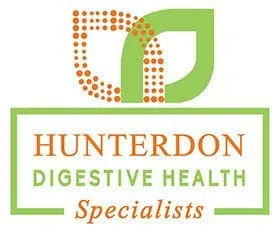Small Bowel Bacterial Overgrowth (SIBO or SBBO)
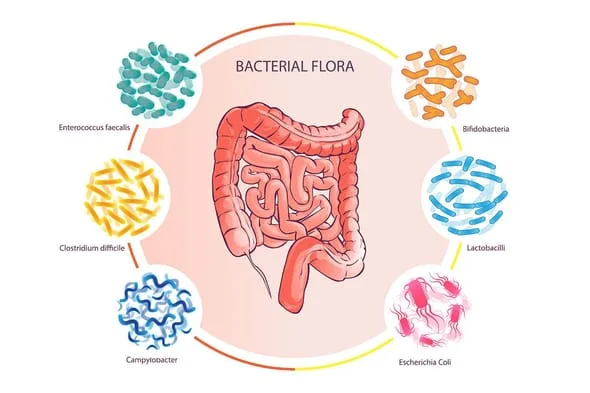
What is small bowel bacterial overgrowth?
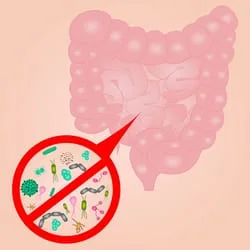
Just like a fingerprint, we each have a unique makeup to our gut flora. Gut bacteria are different in healthy vs. unhealthy individuals with research tying gut bacteria to the development of many diseases including: diabetes, obesity, fatty liver, heart disease, depression, rheumatoid arthritis, inflammatory bowel disease, IBS, anxiety, and even colon cancer.
Bacteria are present naturally in the gut and play an important role in normal bowel health and digestion. They aid in digestion and help prevent infection by destroying harmful bacteria and other microorganisms. They also produce vitamin K. A complex ecosystem of over 500 bacterial species lives in the gut. Bacteria are good in the right amounts, in the right places, in the right quantities, and the right types. Most gut bacteria are found in the large intestine. They reside here naturally to help with digestion and aid in other metabolic processes such as making Vitamin K; however, when they start to overpopulate the small intestine they can cause problems.
Why are bacteria a problem in the small intestine?
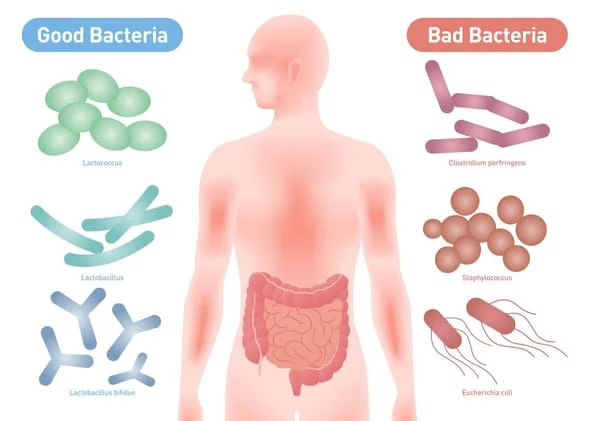
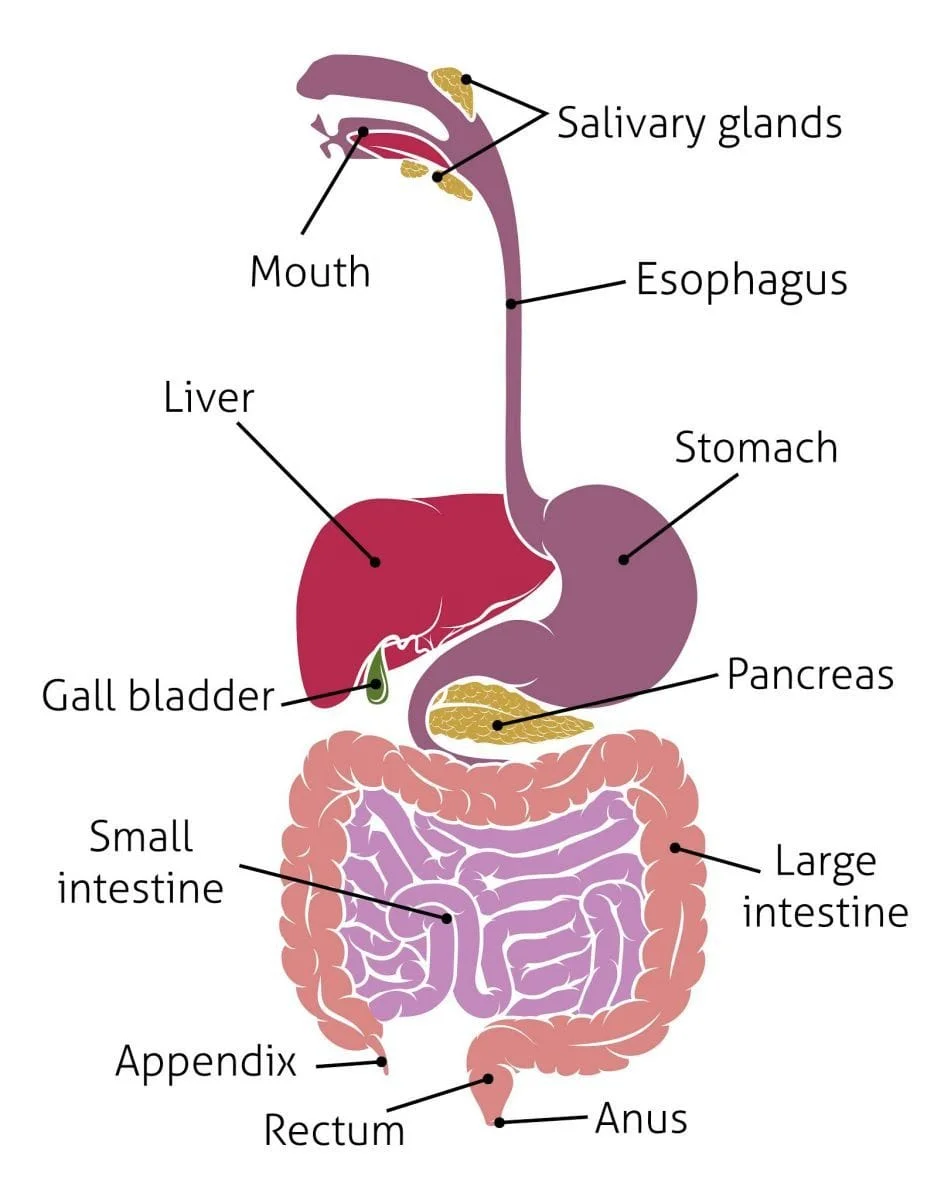
In the small intestine food is still in the process of being broken down and digested. Carbohydrates have yet to be broken down, unlike in the large intestines where most digestion has already occurred. Bacteria like carbohydrates. They thrive in this carbohydrate rich environment, feed off of undigested carbohydrates, and multiply. As bacteria consume carbohydrates they produce hydrogen and methane gases as a byproduct of fermentation. SIBO results when abnormally large numbers of bacteria normally found in the large intestine take up residence in the small intestine, eliciting symptoms such as excess gas, bloating, diarrhea, and abdominal distention in affected individuals.
How does SIBO develop?
Under normal circumstances, during periods of fasting throughout the day, undigested food is propelled from the small intestine into the colon via the migrating motor complex (MMC), or our internal intestinal “ housekeeper”. Roughly every two hours, the small intestine initiates this “housekeeper wave” that sweeps through the small intestine and dumps everything including excess bacteria, food, digestive enzymes, bowel secretions and other digestive contents into the large intestine where water can be reabsorbed before fecal material is excreted from the body.
When something impairs this housekeeper wave and the migrating motor complex fails to effectively sweep small intestinal contents clean as a result of food moving through the digestive tract too quickly, motility disorders, diarrhea, or other problems, the small intestine can’t expel the bacteria, and bacterial overload (or SIBO) occurs.
Bacteria in the small intestine produce and release hydrogen and other substances into the colon as a byproduct of fermentation causing gas, bloating, excess water secretion, and diarrhea.
What are the Symptoms of SIBO?
Symptoms of SIBO are often non-specific, but may include:
- Abdominal pain or discomfort
- Abdominal distention
- Gas
- Bloating
- Diarrhea
- Dyspepsia
- Constipation (although not typical)
- Improper digestion or malabsorption of fats and proteins, and
- Weight loss (in severe cases)
What are the Risk Factors for developing SIBO?
Risk factors for developing SIBO include:
- Structural or anatomic issues (for example, individuals with a history of GI surgeries or gastric bypass surgery may be at increased risk)
- Motility disorders (like gastroparesis, dumping syndrome, GERD, chronic constipation, diarrhea, or IBS)
- Organ system dysfunction
- Chronic disease
- Elderly age, and
- Taking various medications (such as recurrent antibiotics or proton pump inhibitors) that alter gut microflora.
What Conditions are Associated with SIBO?
- IBS
- IBD (Crohn’s disease or Ulcerative Colitis)
- Celiac Disease
- Diabetes
- Fibromyalgia
- Rosacea
- Parkinson's Disease
- Obesity
How is SIBO treated?
The mainstay of treatment is antibiotic therapy in conjunction with addressing any underlying contributing conditions.
How can I be tested for SIBO?
Along with a detailed medical history and physical exam, Hydrogen Breath Testing can be used to help diagnose the condition after other diagnoses have been ruled out. In our office we use the Gastrolyer breath test device, which is a quick, easy, and accurate, non-invasive hydrogen breath test that can be used to help diagnose the cause of your symptoms. The test takes about 3 hrs. to complete and is performed in our Flemington office.
DISCLAIMER: PLEASE READ CAREFULLYThe information on this website is to provide general guidance. In no way does any of the information provided reflect definitive medical advice and self diagnoses should not be made based on information obtained online. It is important to consult a best in class gastroenterologist regarding ANY and ALL symptoms or signs as it may a sign of a serious illness or condition. A thorough consultation and examination should ALWAYS be performed for an accurate diagnosis and treatment plan. Be sure to call a physician or call our office today and schedule a consultation.
